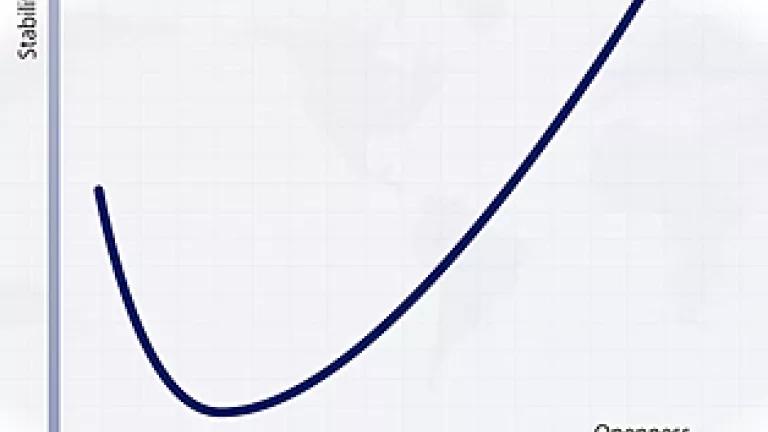
Another analysis was just released, this time by the Royal United Services Institute for Defence and Security Studies in Britain, making the case that climate change would be a driver for serious conflict around the globe, describing among other events that as stress increases on energy and water resources nations would struggle to cope with the consequences. The author goes so far as to state that "If uncontrolled, climate change will have security implications of similar magnitude to the World Wars, but which will last for centuries..." and that Islamic extremism could be fueled by climate-exacerbated "economic failure in North Africa."
This new report joins others with similar theses, most notably "The Age of Consequences" using Churchill's quote about the danger of inaction in World War II) from the Center for Strategic and International Studies which includes scenarios for warming including a catastrophic one with Mad-Max-style effects, and the ongoing work from the Center for Naval Analysis which has described climate change as a likely "threat multiplier."
These connections between security and climate make sense when you consider a compelling new framework for understanding the way nations evolve to be more stable and open: The J curve (see below).
The idea is elegantly simple, and creator Ian Bremmer includes a number of case studies in his book showing that it works as a method for understanding how national political and economic systems develop: When a country is very autocratic, like North Korea, it is pretty stable. As it begins to open up, as in Saudi Arabia, it slides down the stability axis. And when it hits the depths, it could either push up the right side of the curve towards more openness and stability as happened with South Africa after apartheid or it could fall of the map entirely, disintegrating as Yugoslavia did. On the far right are very open, stable societies like the U.S.
The trough is a perilous place for nations, and climate change could help plunge already unstable ones into it.
This is a new and powerful link between security and climate, joining well-developed oil-specific ones that NRDC and the Institute for the Analysis of Global Security covered in our 2005 Securing America report. It underscores, yet again, the urgent need for strong policy to help get us off oil and stabilize the climate.
